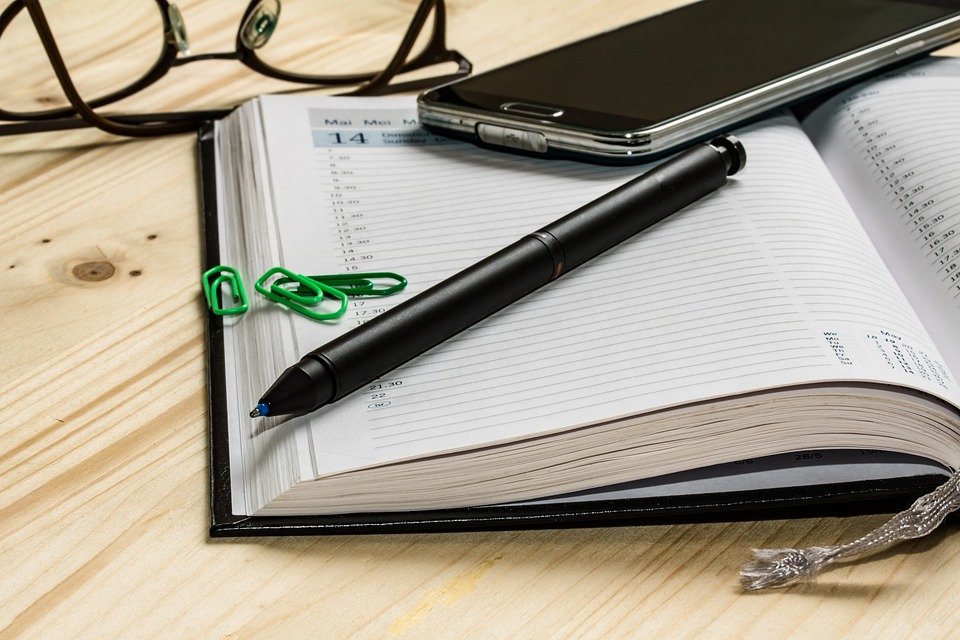Unveiling the Dark Reality: Illegal Government Spying Exposed
Introduction
In recent years, concerns about illegal government spying have reached an all-time high. With the advancement of technology and the digital age, the methods employed by governments to monitor their citizens have become increasingly sophisticated, giving rise to a dark reality of privacy invasion. This article aims to shed light on the illegal practices of government spying, the implications it has on civil liberties, and the measures individuals can take to protect themselves.
Illegal Government Spying: A Threat to Privacy
In the name of national security, governments around the world have been engaging in intrusive surveillance activities that often infringe upon the privacy rights of their citizens. These activities include monitoring phone calls, accessing emails, tracking online activities, and even installing surveillance devices in private spaces.
Such practices are frequently conducted without proper legal authorization or oversight, bypassing the checks and balances that are meant to protect individuals’ rights. This not only poses a significant threat to privacy but also undermines the foundations of democracy by eroding trust in the government.
The Snowden Revelations
One of the most significant revelations regarding illegal government spying came in 2013 when Edward Snowden, a former National Security Agency (NSA) contractor, leaked classified documents to the media. These documents exposed the vast extent of the surveillance programs carried out by the NSA and its international partners.
Snowden’s disclosures revealed that governments were collecting and storing massive amounts of data on their citizens, often without any reasonable cause or suspicion. This data included personal information, communication records, and even browsing habits. The revelations sparked a global debate about the balance between national security and individual privacy.
The Implications on Civil Liberties
Illegal government spying has far-reaching implications on civil liberties. It creates a chilling effect on free speech and inhibits the ability of individuals to express their opinions without fear of surveillance or retribution. It also infringes upon the right to privacy, a fundamental human right recognized by international laws and conventions.
Moreover, the collection and storage of personal data by governments can lead to abuse and misuse. If this data falls into the wrong hands, it can be used to manipulate or control individuals, suppress dissent, or unfairly target certain groups based on their political or social affiliations.
Protecting Yourself from Government Spying
While the fight against illegal government spying may seem daunting, there are steps individuals can take to protect themselves:
1. Encryption
Encrypting your communications is one of the most effective ways to safeguard your privacy. Use end-to-end encryption tools for messaging and email services to ensure that only the intended recipient can access your messages.
2. Virtual Private Networks (VPNs)
A VPN can help you mask your online activities and protect your internet traffic from prying eyes. It creates an encrypted tunnel between your device and the internet, ensuring your data remains secure and anonymous.
3. Secure Passwords and Two-Factor Authentication
Using strong, unique passwords and enabling two-factor authentication adds an extra layer of security to your online accounts. This makes it significantly harder for unauthorized entities to gain access to your personal information.
Frequently Asked Questions (FAQs)
Q: How can I know if I am being spied on by the government?
A: It is challenging to detect government spying, as it often occurs without the knowledge or consent of the targeted individuals. However, being vigilant about your online activities and employing privacy-enhancing tools can help minimize the risks.
Q: What legal protections exist against government spying?
A: Legal protections vary by country, but many jurisdictions have laws in place to safeguard privacy rights. Familiarize yourself with your country’s laws, support organizations advocating for privacy rights, and engage in public discourse to push for stronger legal protections.
Q: Can government spying be justified in the name of national security?
A: The balance between national security and individual privacy is a complex issue. While governments have a responsibility to protect their citizens, it is crucial to ensure that surveillance activities are conducted within the bounds of the law and are subject to appropriate oversight to prevent abuse.
Q: What are the potential consequences for governments caught engaging in illegal spying?
A: Consequences for governments found guilty of illegal spying can range from public backlash and erosion of trust to legal challenges and international diplomatic repercussions. However, the severity of consequences often depends on the political climate and public sentiment at the time.
Conclusion
Illegal government spying poses a significant threat to privacy, civil liberties, and democracy itself. It is crucial for individuals to be aware of these practices and take proactive steps to protect themselves. By advocating for stronger legal protections and embracing privacy-enhancing technologies, we can work towards a future where government spying is not accepted as the norm, but rather seen as a violation of our fundamental rights.

